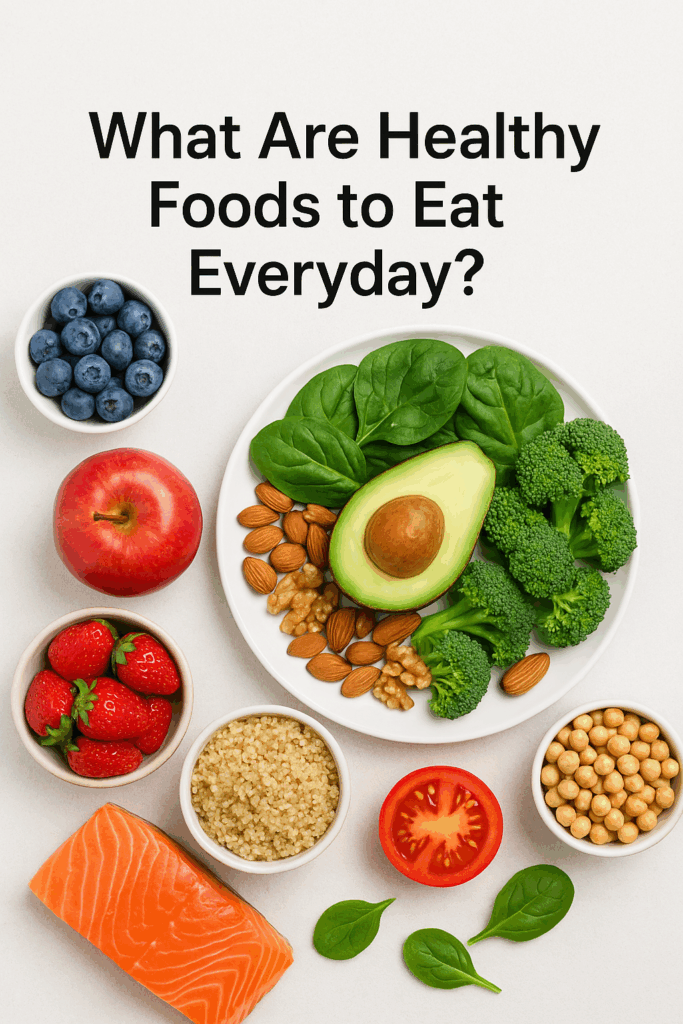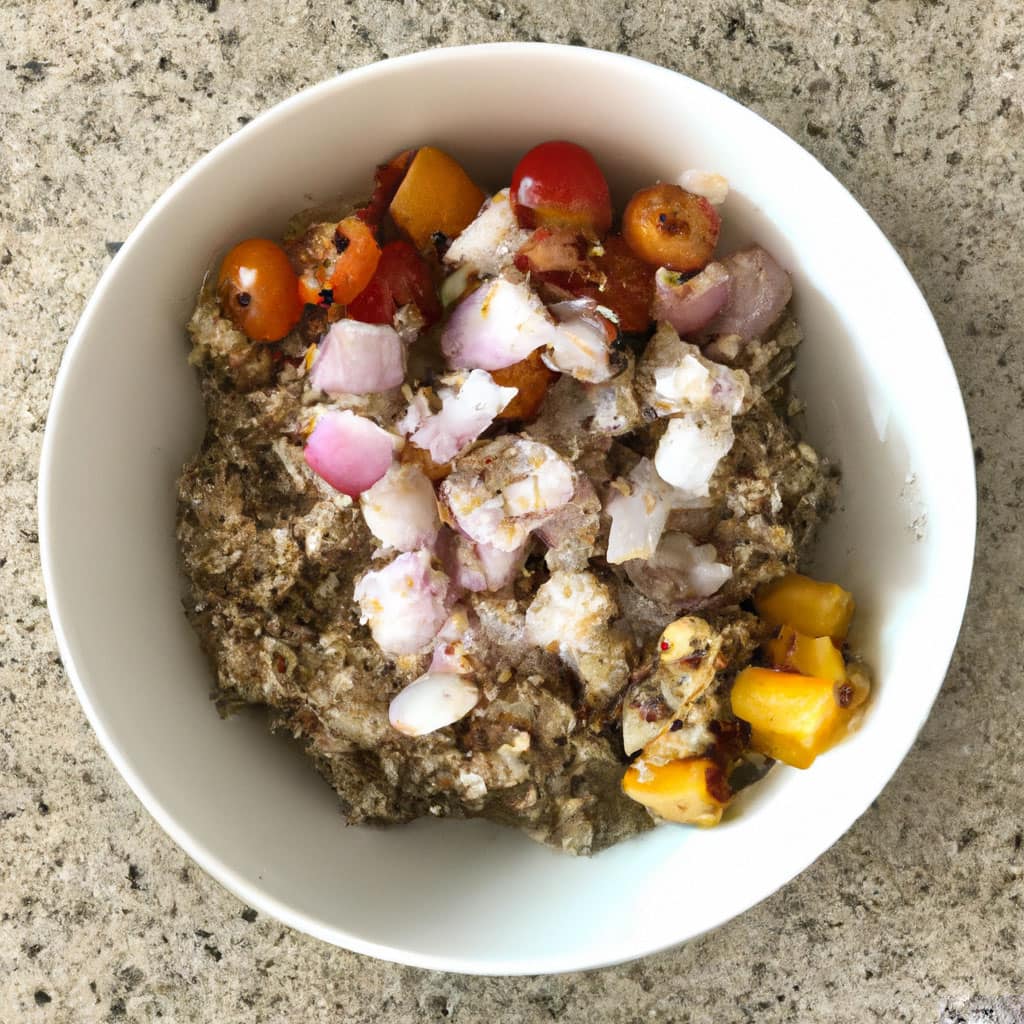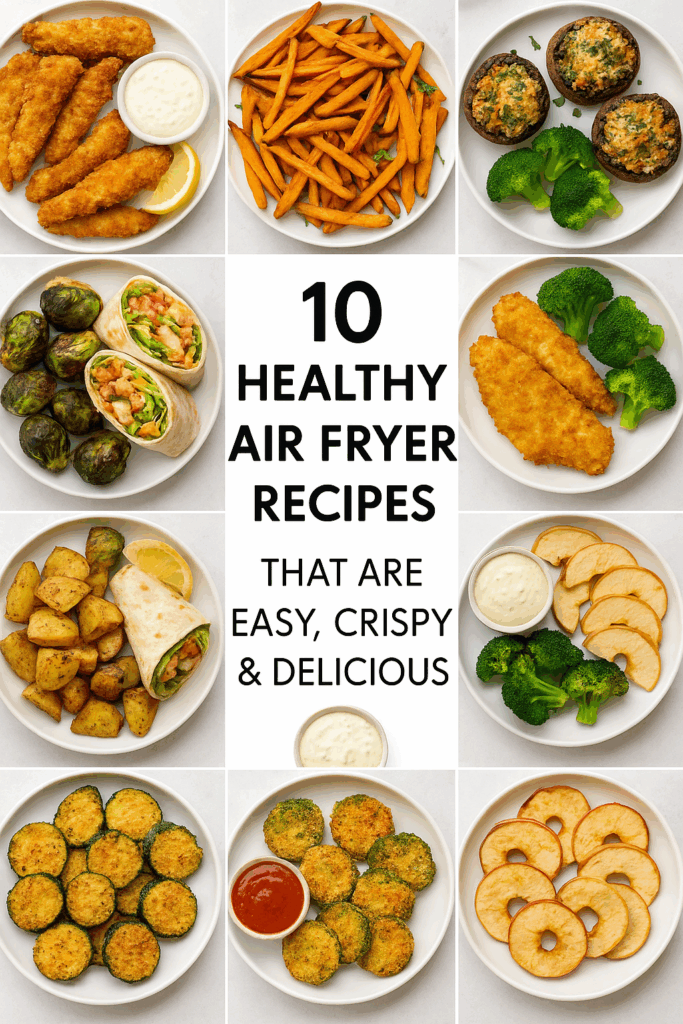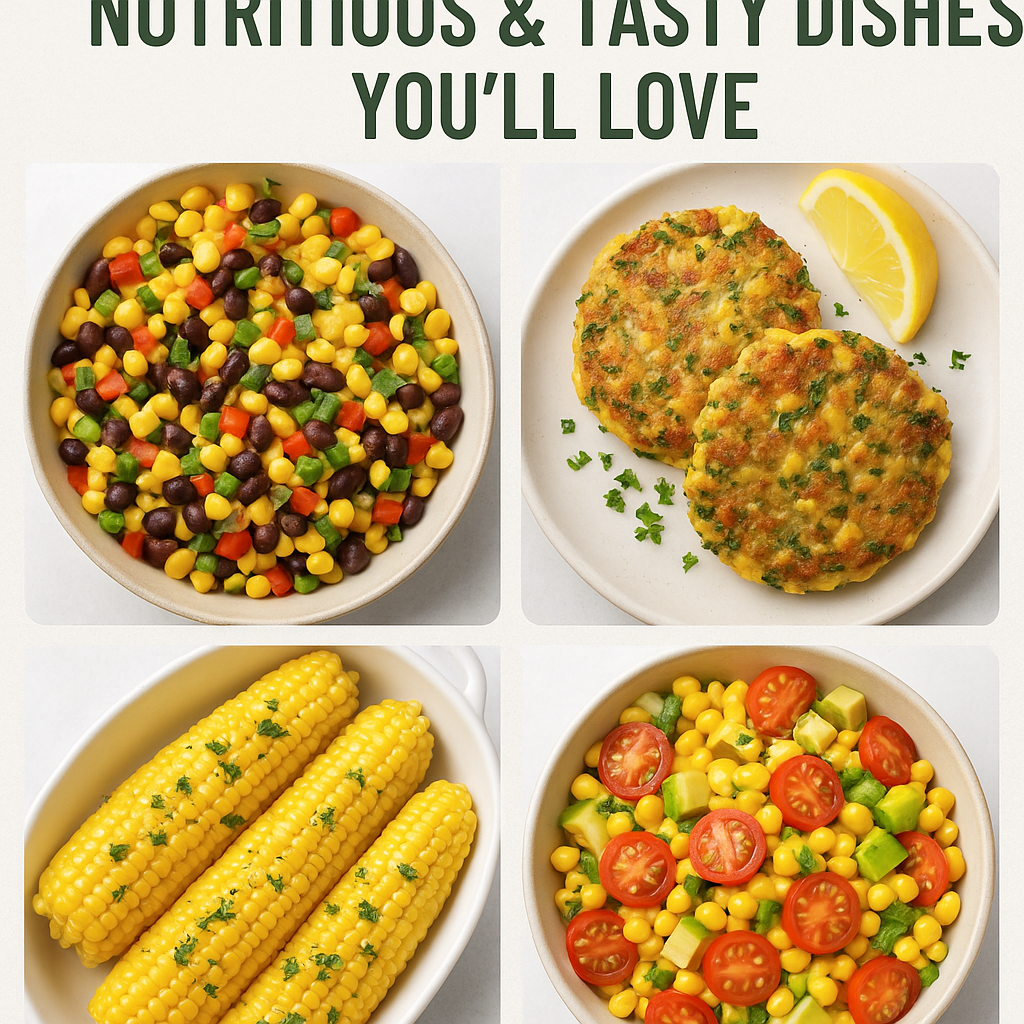Introduction
We’ve all heard the saying, “You are what you eat.” But in today’s busy lifestyle, figuring out what are healthy foods to eat everyday can feel confusing. Should you focus on fruits? Is rice okay? Do you need supplements? The truth is, a healthy daily diet doesn’t need to be complicated. By including a balance of whole foods from different groups, you can fuel your body with the nutrients it needs to stay energized, fight illness, and feel your best.
This guide will break down the essential foods you should eat every day, along with practical tips to make healthy eating simple and enjoyable.
Why Healthy Foods Matter Every Day
Eating nutritious foods regularly supports:
- Steady energy levels instead of sugar crashes.
- Better digestion thanks to fiber-rich foods.
- Strong immunity with vitamins, minerals, and antioxidants.
- Weight management through balanced calories.
- Long-term health by reducing the risk of diabetes, heart disease, and obesity.
Now let’s explore the categories of healthy foods to eat everyday.
1. Vegetables: The Foundation of Every Meal
Vegetables are nature’s superfoods, offering fiber, vitamins, and antioxidants that protect your body. Aim for at least 2–3 servings daily.
- Leafy Greens: Spinach, kale, fenugreek, mustard greens – packed with iron, vitamin K, and calcium.
- Cruciferous Veggies: Broccoli, cauliflower, cabbage – support detox and digestion.
- Colorful Vegetables: Carrots, bell peppers, tomatoes, beetroot – rich in antioxidants and beta-carotene.
💡 Tip: Fill half your plate with vegetables at lunch and dinner for a balanced diet.
2. Fruits: Natural Sweetness and Nutrition
Fruits provide essential vitamins, natural sugar for energy, and plenty of fiber.
- Berries: Blueberries, strawberries, amla – high in antioxidants for glowing skin and strong immunity.
- Bananas & Apples: Easy snacks that boost energy and digestion.
- Citrus Fruits: Oranges, lemons, grapefruit – rich in vitamin C for immunity and skin health.
💡 Tip: Instead of sugary desserts, grab a bowl of fruit salad to satisfy cravings guilt-free.
3. Whole Grains: Long-Lasting Energy
Whole grains are a healthier choice than refined carbs like white bread or polished rice. They contain fiber, B vitamins, and minerals.
- Brown rice
- Oats
- Quinoa
- Whole wheat chapati
- Millets (ragi, jowar, bajra)
💡 Tip: Replace white rice with brown rice or millet 2–3 times a week for better digestion and weight control.
4. Protein: Building Blocks of Health
Protein is essential for repairing tissues, building muscle, and supporting immunity.
- Vegetarian Sources: Lentils, beans, chickpeas, tofu, paneer.
- Non-Vegetarian Sources: Eggs, chicken, fish – complete proteins with all amino acids.
- Snacks: Roasted chana, boiled eggs, Greek yogurt.
💡 Tip: Add some protein to every meal to avoid cravings later in the day.
5. Nuts and Seeds: Tiny But Powerful
Nuts and seeds are small but nutrient-dense. They contain healthy fats, protein, and antioxidants.
- Almonds & walnuts – support brain health.
- Chia seeds & flaxseeds – high in omega-3 fatty acids.
- Pumpkin seeds & sunflower seeds – rich in magnesium and zinc.
💡 Tip: Eat a handful of nuts and seeds daily or sprinkle them over salads and smoothies.
6. Dairy and Alternatives: Strong Bones & Gut Health
Calcium and probiotics are vital for bone strength and digestion.
- Milk (low-fat or plant-based like almond/soy milk).
- Yogurt or curd – improves gut bacteria and immunity.
- Paneer or cheese in moderation.
💡 Tip: If you’re lactose intolerant, switch to fortified plant-based milk.
7. Healthy Fats: Don’t Skip the Good Stuff
Not all fats are bad! Healthy fats keep your brain, heart, and hormones balanced.
- Avocado
- Olive oil
- Mustard oil
- Coconut oil (in moderation)
💡 Tip: Cook with minimal oil but choose healthier options for long-term benefits.
8. Hydration: The Forgotten Essential
Water is just as important as food. Staying hydrated helps your body digest nutrients, flush toxins, and keep your skin glowing.
- 8–10 glasses of water daily
- Herbal teas
- Coconut water
💡 Tip: Start your day with a glass of warm water and lemon for detox.
Sample Day of Healthy Eating
Here’s how you can combine these foods into a daily meal plan:
- Breakfast: Oats porridge with fruit and nuts
- Mid-morning snack: Apple with a handful of almonds
- Lunch: Brown rice, dal, sabzi, and salad
- Evening snack: Sprout salad or Greek yogurt with seeds
- Dinner: Grilled chicken/fish with vegetables OR paneer stir-fry with chapati
- Hydration: Keep sipping water and herbal teas throughout the day
Conclusion
So, what are healthy foods to eat everyday? The answer is simple: a variety of vegetables, fruits, whole grains, proteins, nuts, dairy, healthy fats, and plenty of water. By balancing these groups in your daily meals, you’ll fuel your body with everything it needs for energy, immunity, and long-term health.
Eating healthy doesn’t mean dieting or restrictions—it’s about making smarter choices that become part of your lifestyle. Start small, add one or two healthy habits at a time, and you’ll soon notice the difference in your energy, mood, and overall well-being.



